Unluckiest American is finally coming home from Russia
Ex-Marine Paul Whelan spent years in Russian prisons as Washington and Moscow stumbled into a new era of hostage diplomacy.
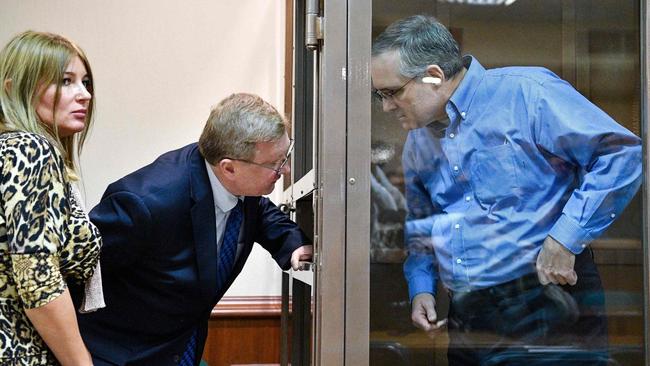
On the list of Americans released by Vladimir Putin in an epic prisoner swap today, nobody was unluckier than Paul Whelan.
Arrested by Russian counterintelligence officers three days after Christmas in 2018, the 54-year-old former Marine and Iraq War veteran spent more time in the gulag than any of the others. As the first to be convicted of espionage charges – in what his family say was an entrapment ploy – he served as an unwitting guinea pig as Washington and Moscow stumbled into a new era of hostage diplomacy.
His idiosyncratic backstory made it harder to draw attention to his plight. He and his family watched with anguish as celebrity basketball player Brittney Griner was released before him after less than a year in custody on a minor drug charge, and as the case of Wall Street Journal reporter Evan Gershkovich drew global condemnation.
Through it all, he persevered with acts of quiet defiance. His days began like all the others at the IK-17 penal colony, a maze of low-slung cell blocks wreathed in razor wire some 480km east of Moscow. The Russian national anthem rang out from tinny loudspeakers, its melody the same as in Soviet times.
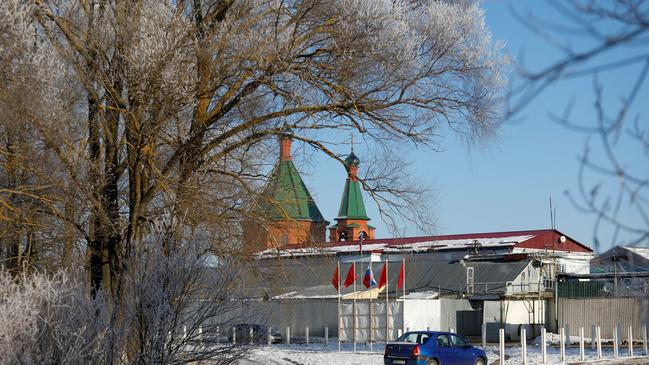
The former Marine would lift his hand to his chest and stage a one-prisoner performance of the Star Spangled Banner, before heading to the prison floor to stitch pants and coats in a sea of dangerous inmates huddled over sewing desks for Technoavia, Russia’s industrial-clothing corporation. Food was scarce and fights were common in the labour camp sardonically nicknamed Fashion Colony. A label sewn into his uniform, announced his release date: Dec. 27, 2034.
‘You’ll be traded’
Before everything turned south for him, the exotic scenery of a defeated superpower enchanted Whelan, a one-time police officer. He returned to Russia a half-dozen more times after his first two-week visit in 2006.
The friends he kept up with on Russian social media included fellow cops and soldiers – and Ilya Yatsenko, an FSB officer rising through the ranks. The two had toured the Kremlin together and the GUM department store on Red Square. In 2018, when he was global security director for car-parts company BorgWarner, Whelan travelled once again to Moscow, this time for a fellow Marine’s wedding to a Russian bride.
He and Yatsenko made plans to meet. At the door to his hotel room, Yatsenko said something about vacation photos, and handed him a thumb drive, Whelan would later recall. Whelan was shaving when masked agents from the FSB barged in, threw him onto the carpet, then bundled him off to Lefortovo, the Moscow prison where Stalin once had purged officials tortured and killed.
You’ll be traded, one told him as the van glided towards the pale yellow K-shaped prison, he would later tell his lawyers.
In his roughly 9-by-12-foot (2.7m x 3.6m) cell, a light shined during the day, and was turned brighter at night. Days passed without contact with the outside world.
Only after his sister Elizabeth and twin brother David googled for news on whether some tragedy had befallen an American in Russia did they learn of his arrest. An article from the state news agency Interfax reported: “On December 28, 2018, Agents of the Federal Security Service of the Russian Federation in Moscow arrested the US citizen Paul Whelan in the course of committing spy activity.”
The Russian case, which was never declassified, hung on the thumb drive. Prosecutors, in a closed court system that has hardly ever acquitted a suspect of espionage, claimed the thumb drive contained the names of Russian students at an FSB college and Whelan intended to pass them to America’s Defense Intelligence Agency, according to state media.
The DIA referred questions to the State Department, which described the charges as false.
“Russia says it caught James Bond on a spy mission,” Whelan would later say, during a court appearance. “In reality, they abducted Mr Bean on holiday.”
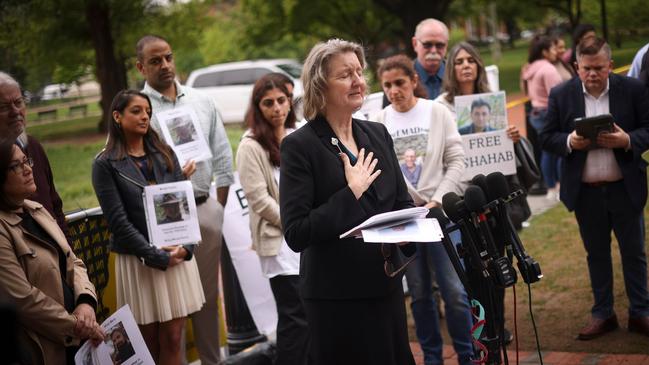
‘I’m a Marine, I’m tough’
That month, Whelan was called from his cell and ushered along a cavernous corridor by guards who jangled keys to warn colleagues there should be no other prisoners in sight.
The US ambassador, Jon Huntsman, was waiting for him in the entrance hall. Every word of their conversation was translated by an interpreter whispering into the ear of an FSB officer who was perched beside them, and interjected to silence them at any mention of the case, the conditions in prison, or prospects for release. The prisoner seemed disorientated, reassuring himself he would survive whatever time he was going to be held for, and joking that his Russian would improve. Mainly, he wanted to pass a message to his family, especially his elderly parents.
“I’m a Marine, I’m tough,” Whelan said. “I can get through this.”
Huntsman headed home to the White House to press then president Donald Trump for a quick deal. “We’ve got to get this done,” the president agreed.
But as the White House quickly moved on to other issues, any potential swap ran aground. Some senior officials felt wary about trading convicted Russians for an American prisoner whose backstory seemed, to them, that of an eccentric wanderer naive enough to chat up an intelligence officer over Russian social media, then fly to Moscow, into an FSB snare.
Whelan had amassed four passports – from Canada, where he was born, and the UK and Ireland, by genealogy – and been given a bad-conduct discharge for allegedly trying to steal more than $US10,000 in government cash while deployed at a base in Iraq, according to details of Defense Department court records released one week after his arrest.
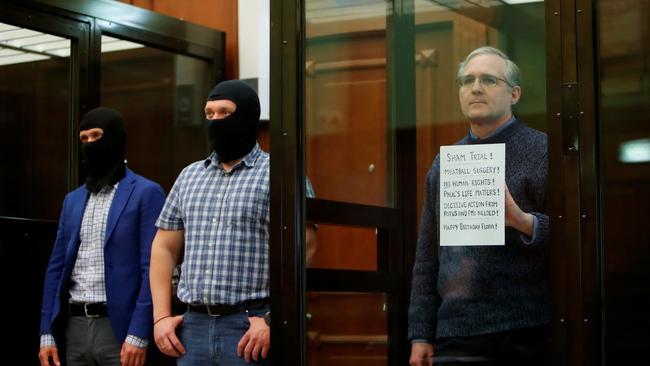
Fading hopes
By the summer of 2019, a fixture on America’s hostage recovery scene was trying his luck, to accelerate a case that wasn’t getting much oxygen in Washington. Bill Richardson, the former New Mexico governor, had spent years working to help release Americans held in foreign jails and had forged a close relationship with the Russian foreign minister, Sergei Lavrov.
With his mediation partner, Mickey Bergman, a former Israeli paratrooper, Richardson discreetly slipped into Russia’s Washington embassy for a conversation with Anatoly Antonov, Russia’s ambassador to Washington. The ambassador, a nuclear weapons specialist with a dry sense of humour, repeated to them what his government had been saying publicly: Russia would happily free Whelan – or any US citizen jailed in Russia – in a reciprocal release for convicted drug smuggler Konstantin Yaroshenko.
But the most Richardson could arrange was prison dental work for Yaroshenko, in hopes of improving the bargaining climate.
In September, the House of Representatives began an impeachment inquiry into president Trump’s dealings with Ukraine, eviscerating any political room for swapping prisoners with the Kremlin. That month, the FSB announced it had finished its investigation and would move to a trial – an indication of growing Russian impatience with the US.
In October, Amb. Huntsman, who had championed Whelan’s cause, resigned. His last meeting with Whelan lasted only 30 minutes, the ambassador speaking rapidly and in slang to sneak in as much information as possible before the FSB officers monitoring the conversation shut him down.
Whelan was exhausted but intent on hiding it. The food was horrible, the isolation unbearable, and he was frightened of his cellmate, with whom he spent 23 hours a day.
Twelve days before Christmas, Whelan’s employer, BorgWarner, announced that his job had been eliminated. On Christmas Eve, guards walked Whelan into a glass box in the courtroom where a judge said his pre-trial detention would be extended into the following spring.
Whelan held a note up to the sole Russian news camera connecting him and the outside world, addressed to his family, the media, and the diplomats supporting him. It read “Merry Christmas & Happy New Year.”
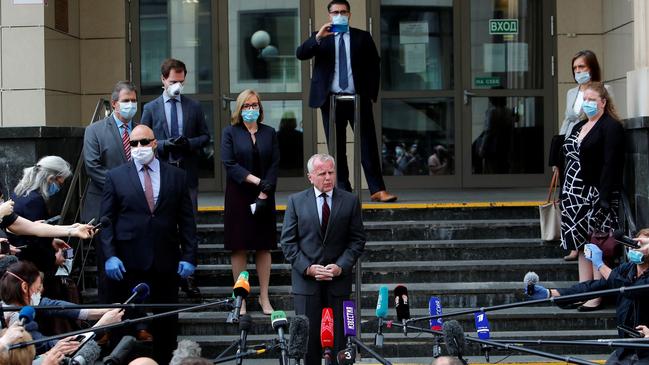
‘A new sheriff in town’
Eight hours east of Moscow over pockmarked roads, Whelan was fraying in his new home, the vast century-old facility that had housed German prisoners of war during its days as a Soviet gulag. Goats and chickens roamed across a militarised fence. Prisoners grouped themselves into gangs and doled out prison justice to their rivals.
Whelan, unable to speak Russian, and plopped into a cell with Tajik inmates, struggled to order food from the commissary. Everywhere he stepped, he carried the pocket-sized notebook where he recorded, in tiny handwriting on graph paper, the slights doled out to him by prison guards.
He brought it with him to meet the second US ambassador to attend to his case, a career diplomat and former under secretary of state named John Sullivan. One after the next, he relayed through a glass pane the times prison guards had denied him food or a phone call to his family.
He was trying to work within the system, studying the penal code so he could hold the guards to account. When one guard knocked him on the shoulder – an infraction where physical contact was barred – he lodged an official complaint.
Whelan’s mood would brighten as he and the ambassador, a fellow Cold War history buff, bonded over trivia about the Soviet prison system. The ambassador had heard that Whelan was now incarcerated in the same jail that had once held German Field Marshal Friedrich Paulus, the Nazi commander who surrendered at the pivotal battle of Stalingrad, but Whelan corrected him – Paulus was imprisoned in Special Camp No. 48, northeast of Moscow.
The ambassador handed him a stack of letters from his family. Whelan opened and read them on the spot, emotional over the link to home.
Back in the US, the idea of trading Yaroshenko for Whelan had reached the White House National Security Council, but could go no further. The new national security adviser, Robert O’Brien, had been the president’s special envoy for hostage affairs, but took a hard line on trading most prisoners. When addressing staff he had said, “there’s a new sheriff in town and we’re paying no ransoms.”
Instead, O’Brien wanted to free Whelan and Trevor Reed – another ex-Marine who had recently been swept up by Russian police – in the course of other negotiations.
In November 2020, Trump lost his re-election bid. In the final days of his presidency, O’Brien’s office pinged the Russians again, but they never responded.
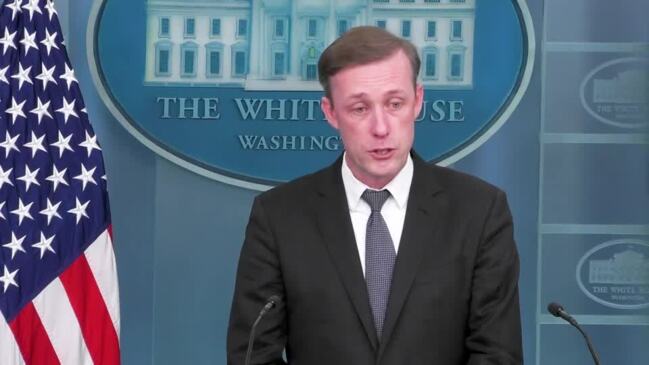
The price goes up
President Biden’s national security adviser, Jake Sullivan, wanted to rigorously study a range of policy options before his White House started diving into the dealings of trading the names he was sifting through in his early weeks of the job.
Sullivan was open to a swap with Russia but needed to first establish a channel of dialogue with the Kremlin, starting with Putin’s close confidant of more than two decades, former FSB director Nikolai Patrushev. Over a meeting in Geneva, Sullivan tried to probe ways to make America’s fraught relationship more stable and predictable.
Weeks later, Putin published a lengthy essay declaring “the true sovereignty of Ukraine is possible only in partnership with Russia.” Along the borders, Russian troops began amassing. Several Americans were arrested in airport stings, including Marc Fogel, a history teacher at the U.S. embassy school, charged with carrying prescription marijuana products in his luggage.
Six months later, a famous WNBA player, Griner, was arrested at the same airport with less than a gram of hashish oil in her luggage. After a national outcry, the US reached out to Moscow to discuss trading both her and Whelan for Viktor Bout, an arms trafficker extradited from Thailand.
But by then, Russia seemed to have hardened its position. If Washington wanted Moscow to free an American convicted in a Russian court of espionage then the US would have to release a Russian sentenced for an equivalent crime. And the US didn’t have such a convict anywhere in its prison system.
The price for Whelan had ratcheted up.
Dow Jones Newswires

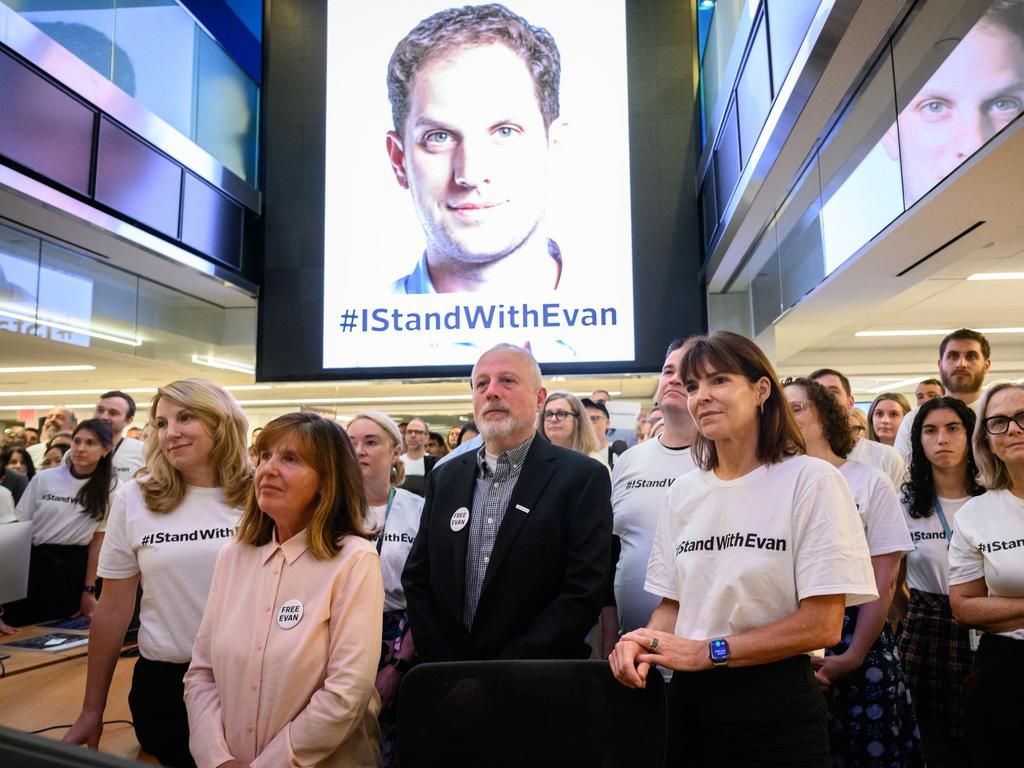

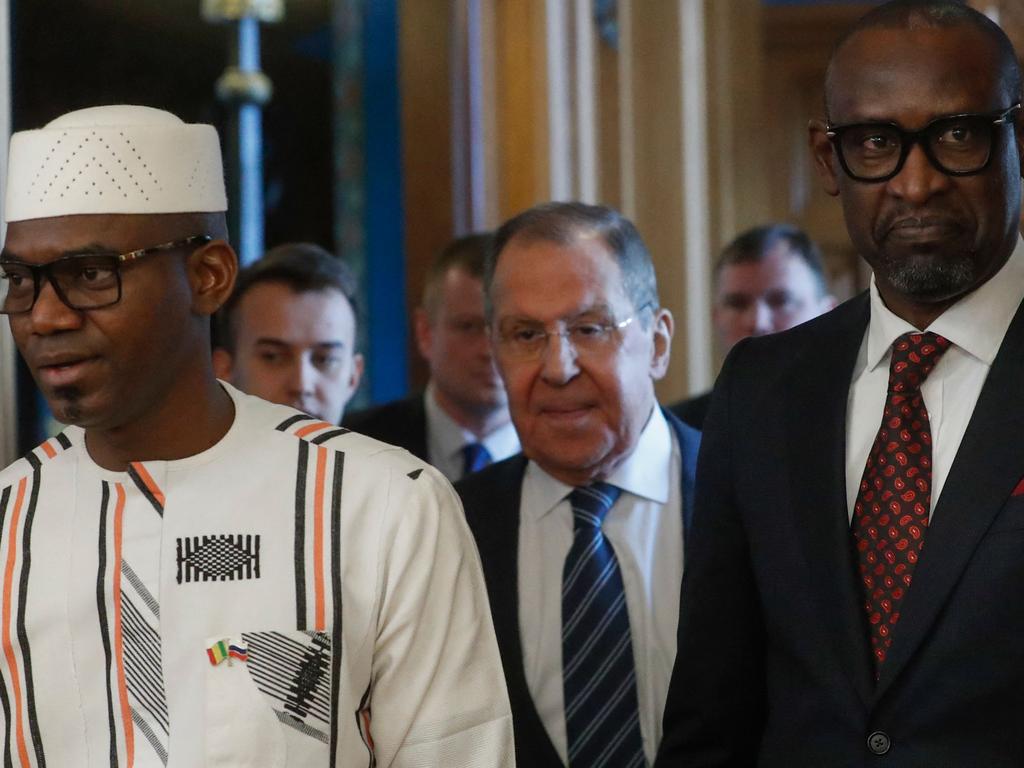
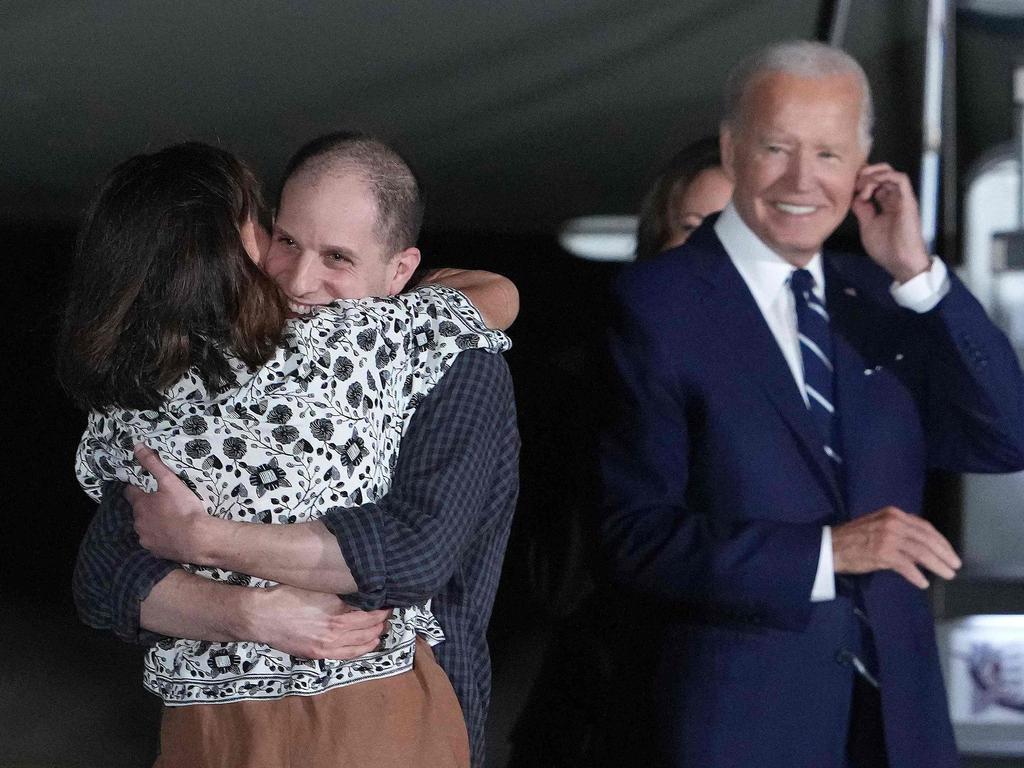


To join the conversation, please log in. Don't have an account? Register
Join the conversation, you are commenting as Logout